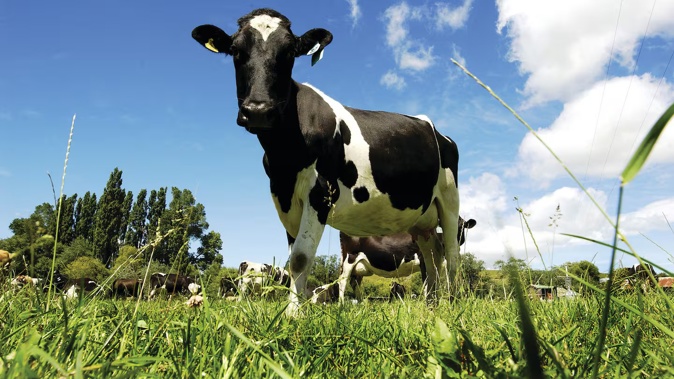
A new Indonesian school milk programme is expected to increase the country’s total dairy consumption and create opportunities for New Zealand and other global dairy players.
This is according to a recent report, “Indonesia’s new school milk programme could nourish minds and global dairy markets”, by food and agribusiness banking specialist Rabobank.
Rabobank said the recently elected Indonesian Government had introduced a range of policy measures with the potential to transform the country’s dairy supply chain.
RaboResearch senior analyst Michael Harvey said policy was centred around the nutritious meals programme, which aimed to combat malnutrition and promote healthy eating among school children.
He said a key feature of the programme was to provide food, including milk, to 60 million students on every school day by 2029.
RaboResearch estimates the total milk required at full implementation could surpass two billion litres.
“This estimate is based on an anticipated 83 million recipients accounting for school absenteeism, lactose intolerance, and an average serving size between 125ml and 200ml,” Harvey said.
The report said the ambitions behind the school milk programme had the potential to significantly increase Indonesian demand for liquid milk.
Harvey said most of the milk consumed by Indonesia’s 280 million people in 2024 was imported, with domestic production estimated at 900 million litres, and an additional 2.5 billion litres (liquid milk equivalent) imported.
To meet the growth in demand that will result from the programme, he said the Government and industry planned to significantly increase the national dairy herd.
The report said that, as the rollout of the programme gathered pace, investment across Indonesia’s dairy sector was expected to accelerate, with more pronounced impacts on the global sector.
“For Indonesia to achieve its ambitious milk supply growth targets and accommodate the considerable number of dairy cattle needed, it will need to scale up both live cattle supply and the local dairy supply chain,” Harvey said.
“This will include need for feed genetics, farm infrastructure and farm management skills to support the expanding local industry.
“And overall, we expect global input players and dairy companies to benefit.”
While the school milk programme was likely to increase domestic supply and provide a tailwind for local Indonesian dairy players, Harvey said that Indonesian dairy import demand was also expected to rise.
“Fundamentally, RaboResearch expects Indonesia to remain a net importer of dairy and anticipates that annual import volumes are likely to grow over the medium term.”
Opportunities for New Zealand

RaboResearch senior analyst Michael Harvey.
Harvey said New Zealand had grown its market share in Indonesia’s skim milk powder market in recent years.
He said the new programme could create opportunities to further lift dairy exports to Indonesia.
“Even before the announcement of the school milk programme, Indonesia was viewed as a dairy market with long-term high growth potential and, in 2020, Fonterra announced plans to further invest in Indonesia by enhancing its blending and packing capabilities.
Harvey said this investment had paid dividends, with New Zealand’s market share of Indonesian milk powder exports growing rapidly from 11% in 2019 to 39% in 2024.
“And this significant recent growth places New Zealand in a strong position to capitalise on the expected lift in Indonesian dairy demand over the years ahead.
“Clearly, Indonesia is an important trading partner for New Zealand dairy and will continue to present growth opportunities moving forward.”
Harvey said the new school milk programme could also create live cattle export opportunities for New Zealand, given Indonesia’s desire to expand its domestic dairy cattle herd.
“Historically, New Zealand had a large dairy cow/ heifer export business, exporting on average 90,000 head annually.
“However, a ban was implemented in 2023 following several maritime incidents.
“Public consultation on a repeal of the ban is currently under way, and should this ban be reversed, it’s likely Indonesia would provide a viable market for New Zealand live dairy exports.”
Take your Radio, Podcasts and Music with you









